
A new way to see LA:
Green, social, car-free 👇
https://www.streetsforall.org/unlock-la
Where conventional economists traced money to barter and exchange, Graeber traced it to trust and relationships.
www.taxresearch.org.uk/Blog/2025/11...

Where conventional economists traced money to barter and exchange, Graeber traced it to trust and relationships.
www.taxresearch.org.uk/Blog/2025/11...
What’s more “free” than cars, you ask?
Choices.
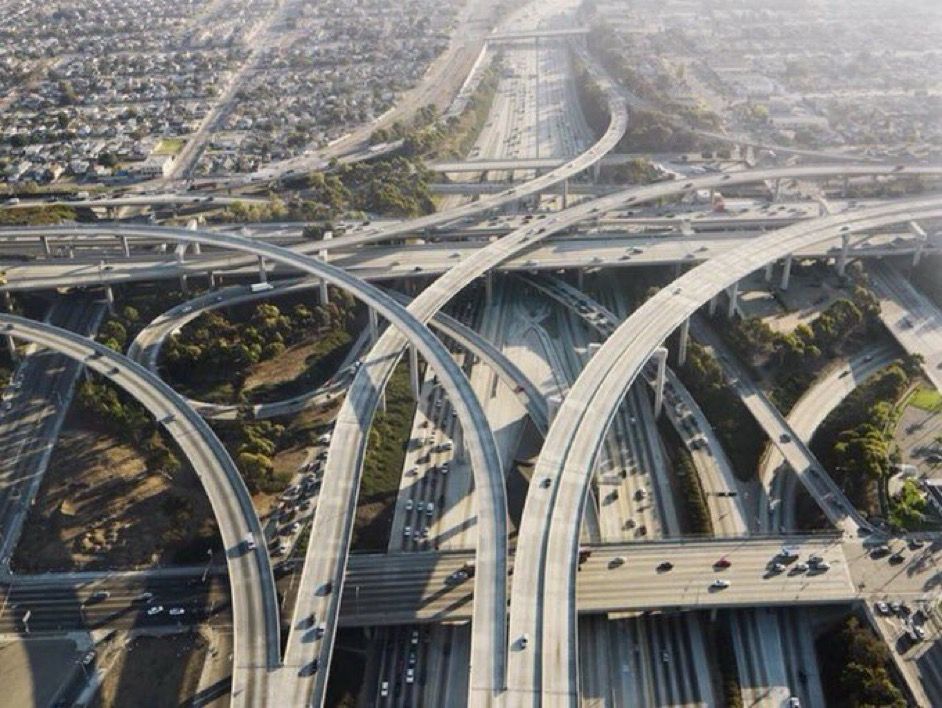

I support helmets, but not mandatory helmet laws.
Build safe infrastructure.

The next mayoral election in Paris will be a choice between returning to the past, a city for cars, lies and empty gestures, Dati/Trump-style populism, or continuing to move forward into the 21st century for a happy proximity city, human centric, liveable and more peaceful.


The next mayoral election in Paris will be a choice between returning to the past, a city for cars, lies and empty gestures, Dati/Trump-style populism, or continuing to move forward into the 21st century for a happy proximity city, human centric, liveable and more peaceful.
Better for the climate, better for health, better for livability and quality of life.
Common sense.
Such a no-brainer, it’s remarkable that more cities HAVEN’T done the same.
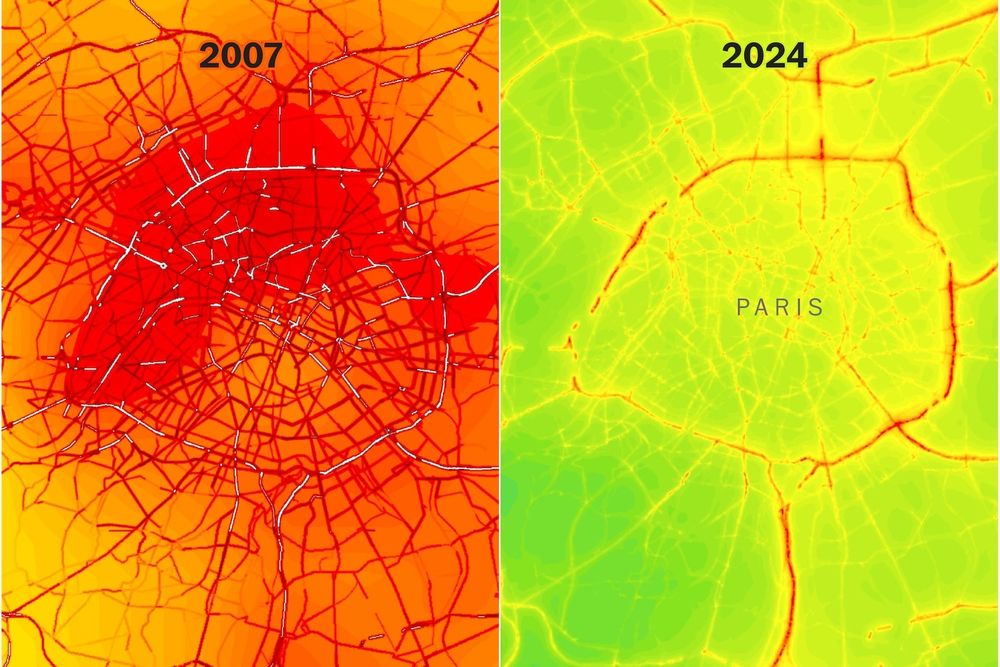
Better for the climate, better for health, better for livability and quality of life.
Common sense.
Such a no-brainer, it’s remarkable that more cities HAVEN’T done the same.
Women on bikes are the indicator species of a city’s cycling health.
If you don’t see many of us, it’s not about lack of interest — it’s about safety.
Day 13 of the #carfreechallenge2025
#yegbike
@bikeology.bsky.social
Women on bikes are the indicator species of a city’s cycling health.
If you don’t see many of us, it’s not about lack of interest — it’s about safety.
Day 13 of the #carfreechallenge2025
#yegbike
@bikeology.bsky.social
Just the start.
Common sense.



www.lifeaftercars.com
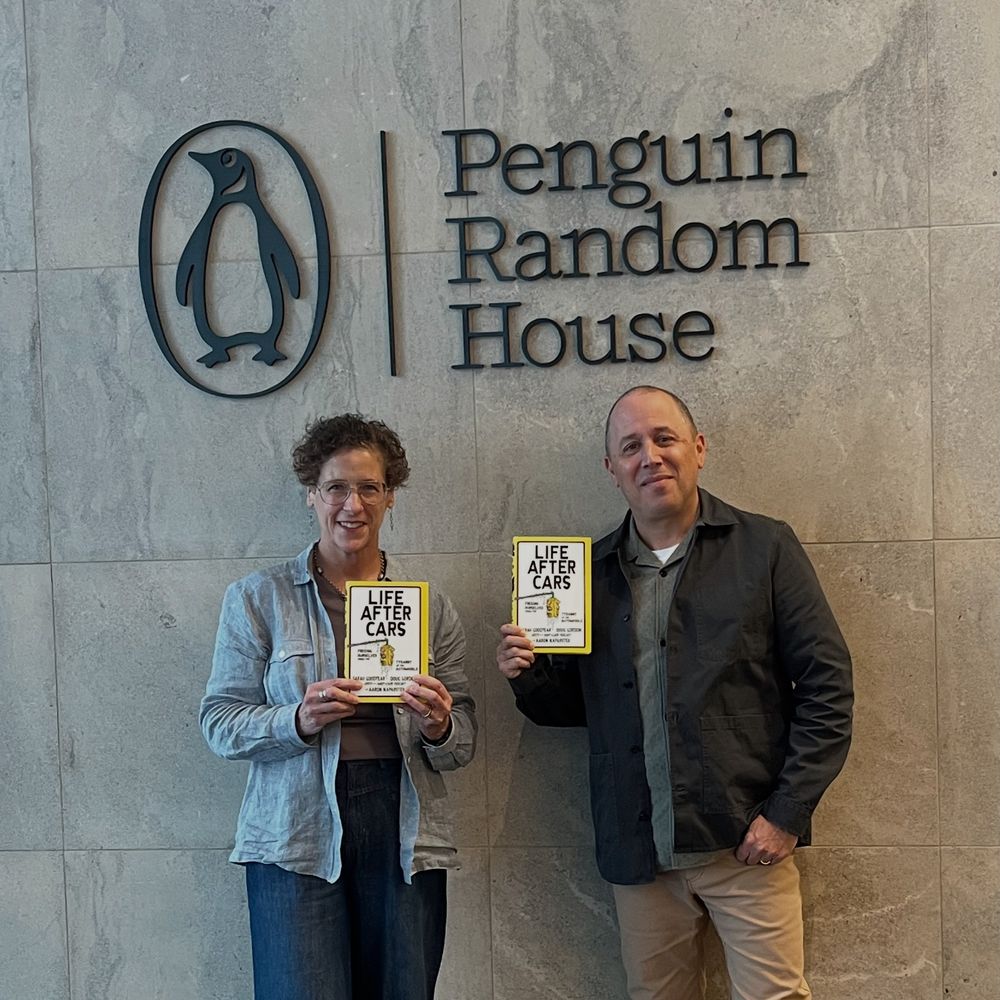
www.lifeaftercars.com
People can & do ride bikes to medical appointments (when it’s safe to do so, when density makes the trips reasonable in length & when there’s places to park bikes).
Forced car dependency isn’t great for any of us.

People can & do ride bikes to medical appointments (when it’s safe to do so, when density makes the trips reasonable in length & when there’s places to park bikes).
Forced car dependency isn’t great for any of us.
Yes, always when presented by Dutch Professor Marco Te Brömmelstroet.
Cities for people is not rocket science.
Change possibilities have to be presented at an elementary level for all elected officials, staff, citizens, to understand.

Yes, always when presented by Dutch Professor Marco Te Brömmelstroet.
Cities for people is not rocket science.
Change possibilities have to be presented at an elementary level for all elected officials, staff, citizens, to understand.
And with everything happening in the world, his work is now more relevant than ever before.

And with everything happening in the world, his work is now more relevant than ever before.
What smart nations are building.
"Reporter left speechless after witnessing Japan's new $70 million Maglev train in action at 310 mph"
What smart nations are building.
The answer lies within our cities: from cool roofs and green infrastructure to innovative insurance schemes, they are developing solutions.
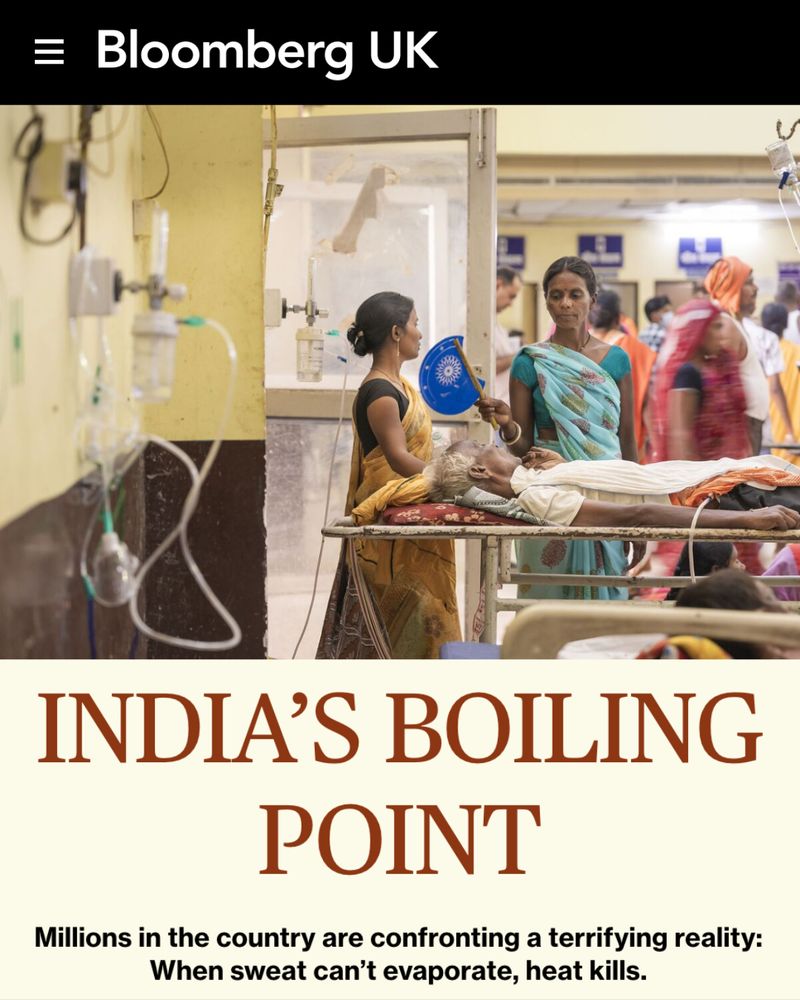
The answer lies within our cities: from cool roofs and green infrastructure to innovative insurance schemes, they are developing solutions.
But on the other, everyone likes it and cities become more livable


But on the other, everyone likes it and cities become more livable
Part of the payoff has been invisible — in the air itself.”
Leadership, strategy, real action, common sense. #Paris

“Cycling in Paris has transcended mere trendiness; it’s become a fundamental aspect of the city’s identity. Despite challenges like inclement weather, cyclists continue to flock to the streets, setting new records and reshaping the urban landscape.”
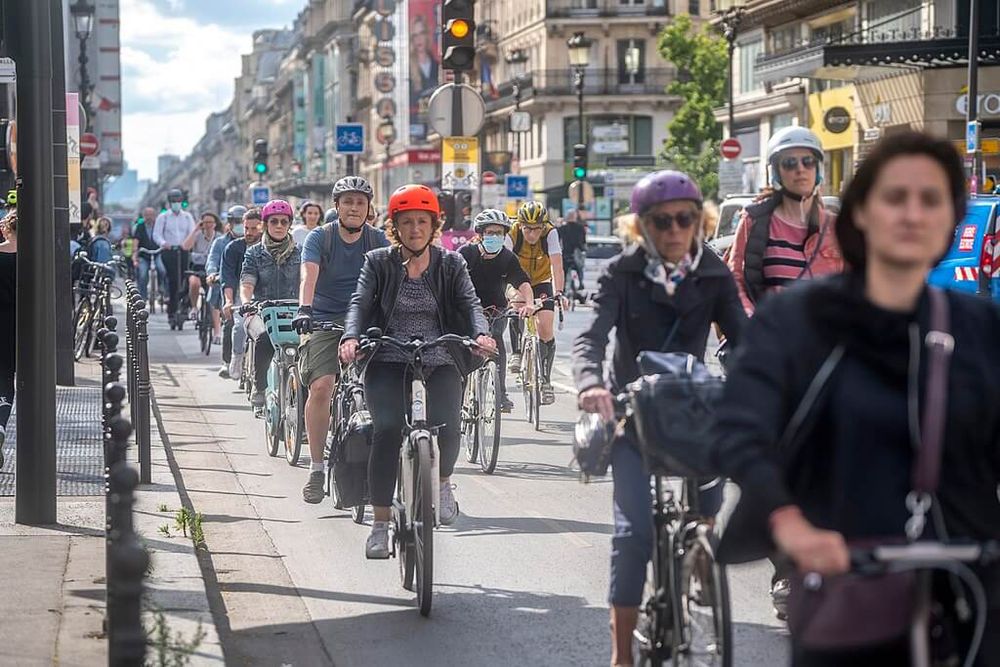
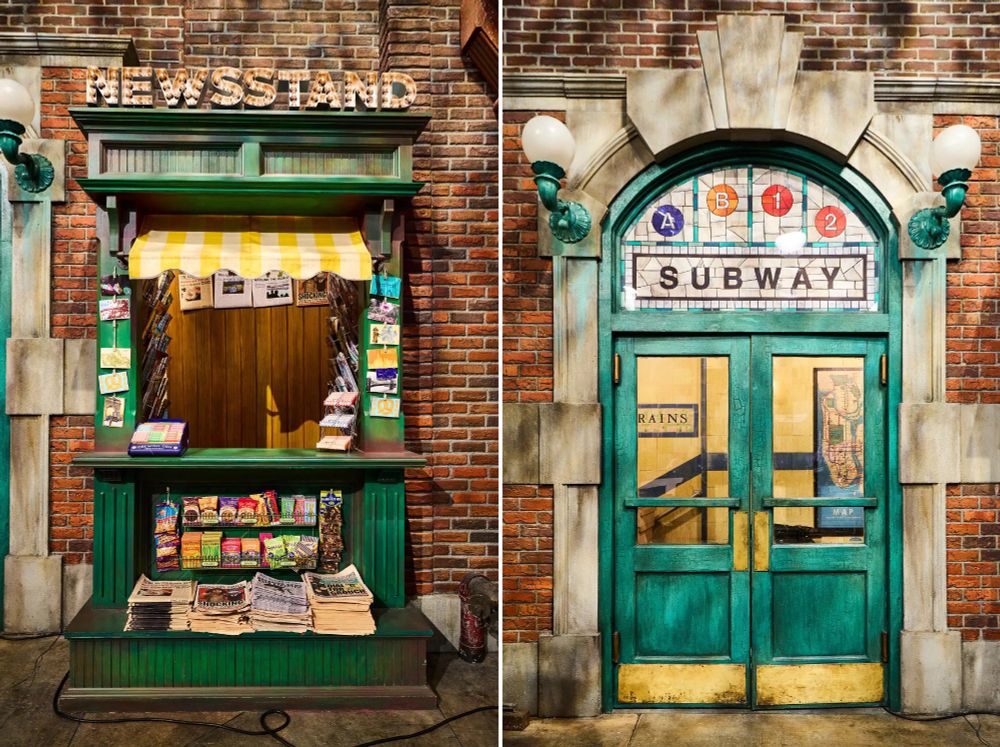

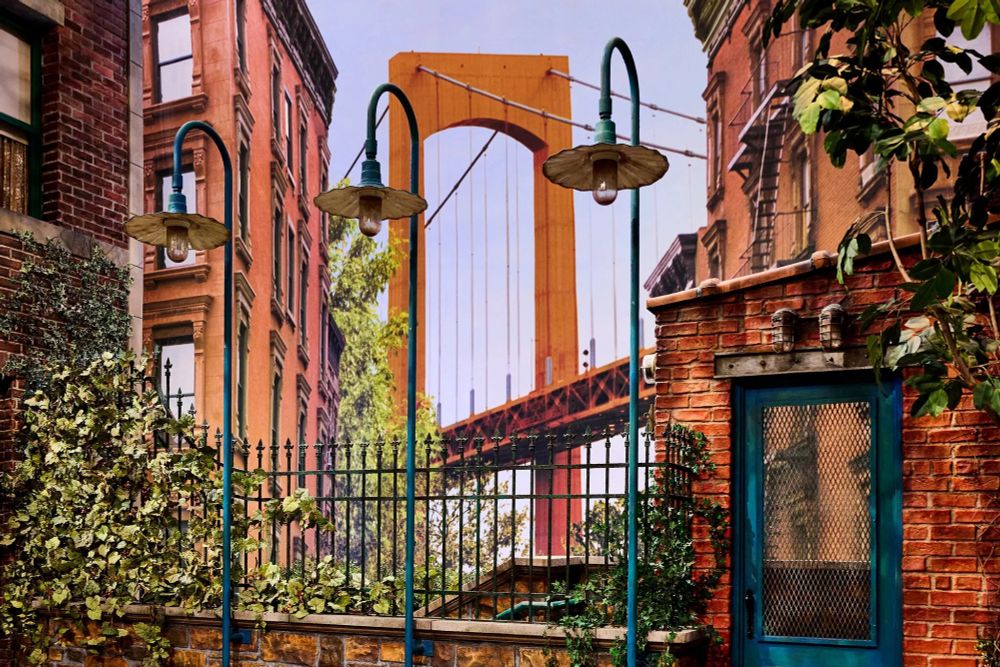
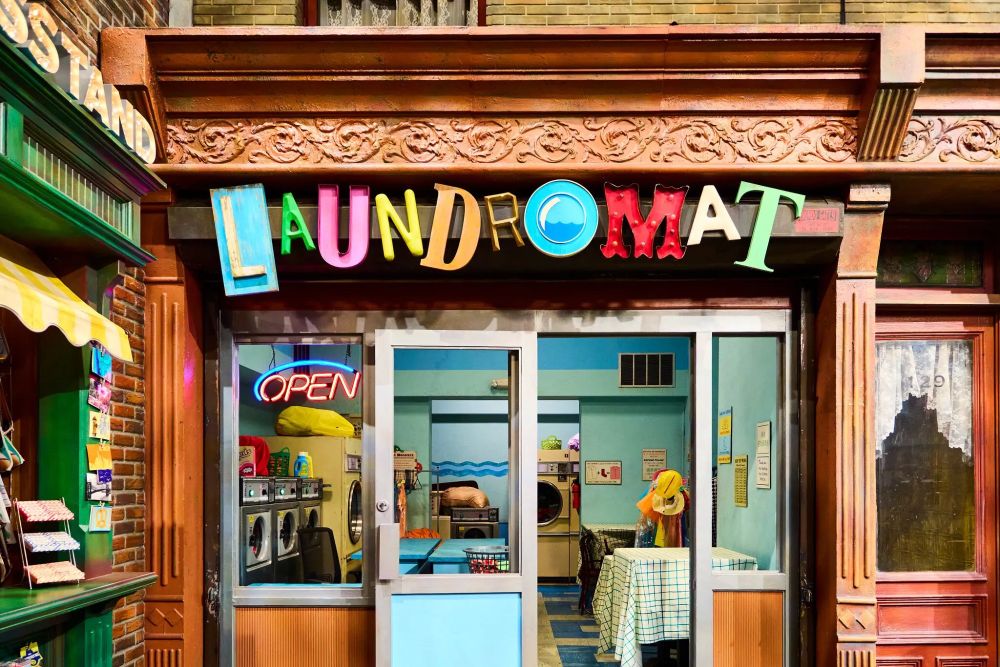
nextcity.org/urbanist-new...

nextcity.org/urbanist-new...
Breaking Urbanism’s Culture of Silence on Gaza, the City We’ve All Destroyed
nextcity.org/urbanist-new...
@nextcity.org

Breaking Urbanism’s Culture of Silence on Gaza, the City We’ve All Destroyed
nextcity.org/urbanist-new...
@nextcity.org
#Copenhagen chose. They keep choosing to go further each year.
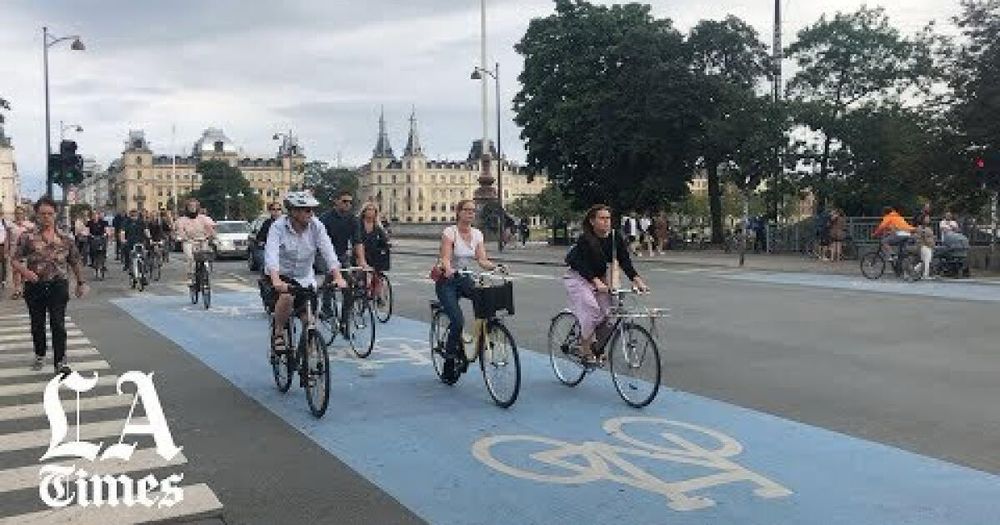
#Copenhagen chose. They keep choosing to go further each year.
“Cycling in Paris has transcended mere trendiness; it’s become a fundamental aspect of the city’s identity. Despite challenges like inclement weather, cyclists continue to flock to the streets, setting new records and reshaping the urban landscape.”



